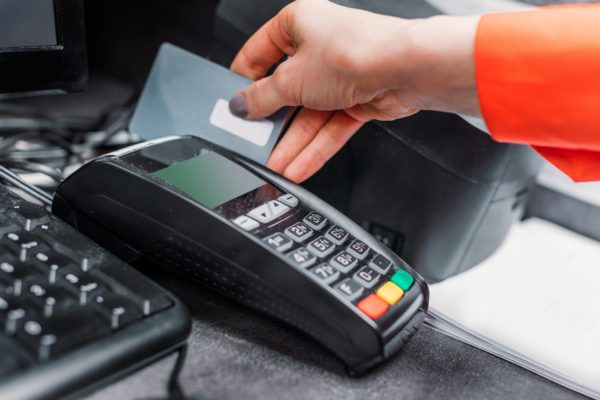In the realm of financial transactions, regardless of the amount, precision and professionalism are paramount. Small payment cash validation is a process that ensures accuracy and credibility in financial dealings, no matter the scale. From a few cents to a few dollars, each transaction demands meticulous validation to maintain the integrity of financial systems. Small payments constitute a significant portion of daily transactions, especially in businesses dealing with microtransactions, retail, or service industries. These seemingly minor amounts aggregate into substantial sums, necessitating efficient validation processes to avoid discrepancies and potential financial losses.
- Establishing Validation Protocols:
In the pursuit of ensuring precise validation for small cash payments, the establishment of clear validation protocols is crucial. These protocols should delineate the specific steps to be followed, including checks, documentation, and verification procedures. Defining these processes ensures consistency and accuracy across all transactions.
- Automating Validation Processes:
Automation plays a vital role in enhancing the precision and efficiency of small payment cash validation. Utilizing modern technology, such as optical character recognition (OCR) and artificial intelligence (AI), allows for automated verification of transactions against predetermined criteria. This not only expedites the validation process but also reduces the likelihood of human error.

- Integration of Verification Systems:
Integrating verification systems into the payment platforms enables real-time validation. These systems cross-reference transaction details with authorized databases, confirming the legitimacy of the payment and the accuracy of the provided information. Real-time validation ensures that only valid transactions are processed, enhancing the overall integrity of the payment ecosystem.
- Utilizing Two-Factor Authentication (2FA):
Implementing two-factor authentication adds an extra layer of security and validation for small payments. This involves combining something the user knows (e.g., a password or PIN) with something they possess (e.g., a mobile device). By requiring a second form of authentication, 2FA minimizes the risk of unauthorized transactions and strengthens the validation process.
- Regular Audits and Monitoring:
To maintain professionalism and accuracy, regular audits of the validation processes are essential. These audits identify any potential loopholes or discrepancies, allowing for prompt rectification and improvement. Additionally, continuous monitoring of small payment validation procedures ensures ongoing compliance with established protocols and standards.
- Enhancing Customer Communication:
Maintaining professionalism in small payment cash validation involves clear and transparent communication with customers and my link https://www.moneylife365.com/. Providing them with detailed information about the validation process, security measures, and transaction confirmations instills confidence and fosters trust in the system.
In conclusion, small payment cash validation demands a meticulous approach encompassing well-defined protocols, automation, and integration of verification systems, 2FA, regular audits, customer communication, and continuous skill development. By upholding these standards of precision and professionalism, businesses can foster a robust financial ecosystem, instilling trust and reliability in small payment transactions.
